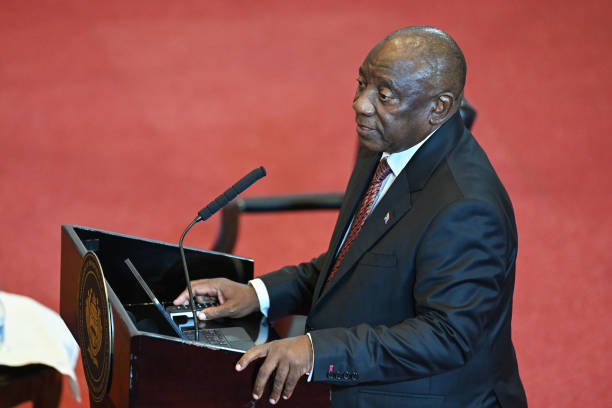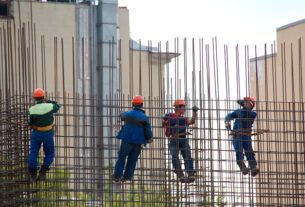South African President Cyril Ramaphosa and billionaire Elon Musk recently held discussions addressing concerns about misinformation regarding South Africa. The presidency confirmed the conversation on Tuesday, stating that Ramaphosa reaffirmed the country’s constitutional commitment to justice, fairness, equality, and the rule of law.
Their discussion came a day after former U.S. President Donald Trump threatened to cut aid to South Africa over allegations of mistreatment of White farmers. In a post on Truth Social, Trump claimed, without providing evidence, that South Africa was “confiscating land and treating certain classes of people very badly.” He demanded a full investigation into what he described as “massive” human rights violations.
Ramaphosa swiftly rejected Trump’s claims, stating that land confiscation was not happening and that South Africa was committed to fair land reform policies. The debate over land ownership in South Africa is deeply rooted in the country’s history. Under apartheid, racist policies forced Black South Africans off their land, concentrating ownership in the hands of the White minority. Since the end of apartheid in 1994, land reform has been a constitutional priority, aimed at correcting past injustices.
However, progress has been slow, and inequality remains stark. Black South Africans, who make up nearly 80% of the population, still own only a small percentage of the country’s land. To address this, Ramaphosa recently signed new legislation allowing land expropriation without compensation in specific cases. The law aims to facilitate equitable land distribution while ensuring that economic stability is maintained.
Elon Musk, a South African-born billionaire and owner of X (formerly Twitter), has been critical of Ramaphosa’s land policies. In a post on X, Elon Musk accused the South African government of enforcing “openly racist ownership laws.” His comments reflect concerns from some quarters about how land reform is being implemented and its potential impact on investors and property owners.
In response to Musk’s criticism, Ramaphosa defended South Africa’s approach, noting that land expropriation laws exist in various democratic nations, including the United States. He emphasized that the government aims to balance the need for public land use with protecting property rights.
As for Trump’s threat to cut aid, Ramaphosa downplayed its potential impact, stating that the U.S. provides minimal direct financial assistance to South Africa, apart from funding HIV/AIDS relief programs. His response challenges the perception that a reduction in U.S. aid would have a significant effect on the country’s economy.
The conversation between Ramaphosa and Musk highlights broader global concerns about misinformation and how political narratives shape international relations. It also underscores the complexities of land reform in South Africa, a country still grappling with the economic legacies of apartheid.
While land redistribution remains a contentious issue, the South African government insists that its policies are designed to promote fairness and long-term economic stability. The discussion with Musk, a high-profile figure with a global platform, reflects the growing importance of digital influence in shaping public perceptions about political and social issues.




